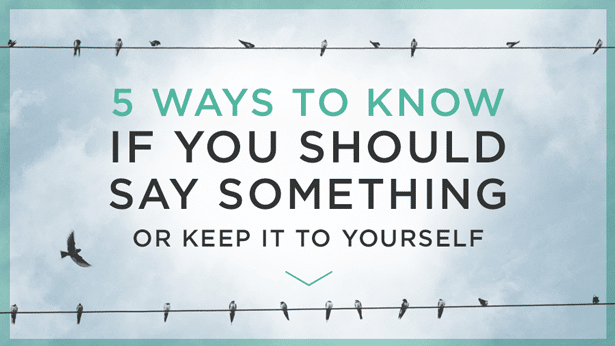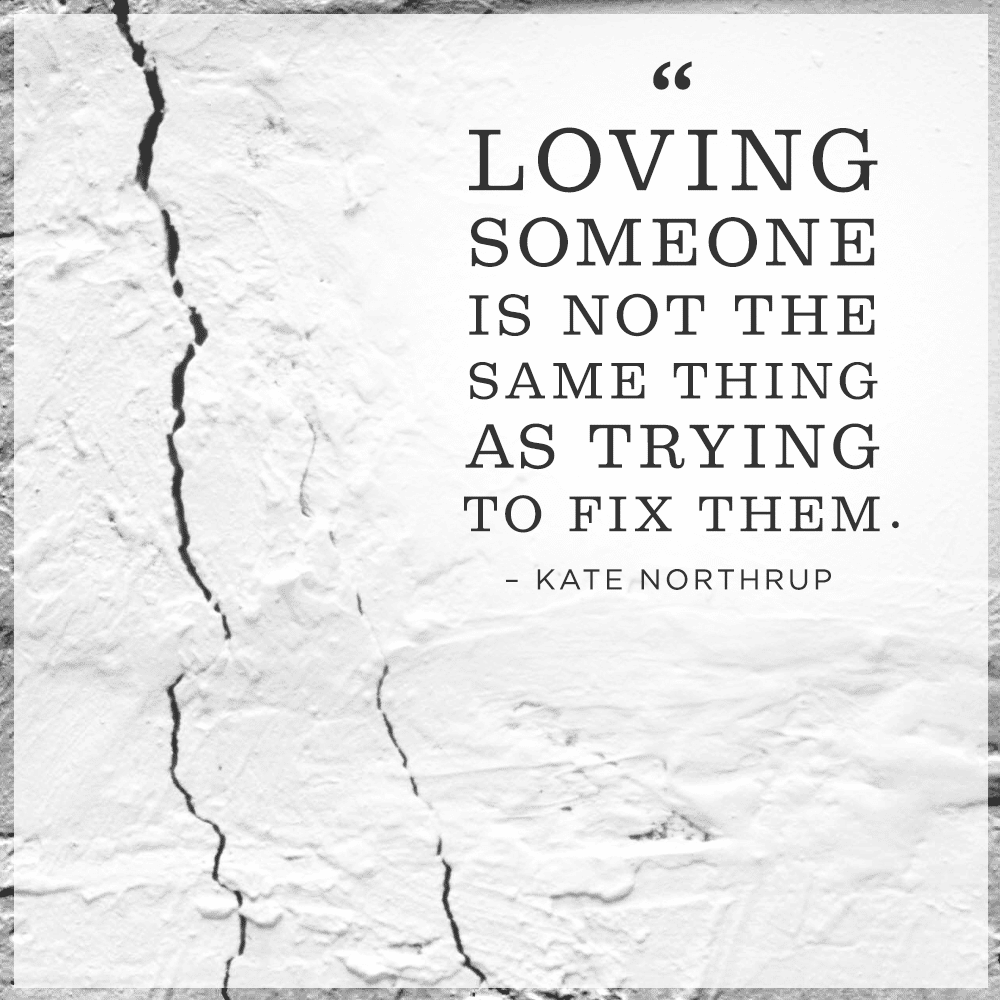
I don’t like confrontation. Never have. I’d rather keep things to myself than rock the boat.
But I also have this overdeveloped sense of responsibility where I think that I should be working on making other people feel better or helping them live their lives in ways that are outside my jurisdiction.
When combined, the tendency not to say what I know to be true while also feeling responsible for other people’s lives is tricky, at best.
I’m often left wondering if I should say something about what I see (which I really never want to do) so that I can help ease someone else’s pain, or if I should focus on keeping my own side of the sidewalk clean and let the people in my life be on their own journey.
So I return to the Serenity Prayer as often as I remember:
God, grant me the serenity to accept the things I cannot change,
The courage to change the things I can,
And the wisdom to know the difference.
When I find myself wanting to change things I can’t, I return to this.
When I find myself wimping out about speaking up, I return to this.
And when I can’t figure out if I should say something or shut up, I return to this.
In this dance between feeling like it’s my job to fix other people’s lives while simultaneously avoiding difficult conversations whenever possible, I want to share a couple of wisdom nuggets I’ve gathered in case they’re also helpful to you.
- Other people’s lives are not our responsibility.
- The best way to help someone else is to love them.
- Loving someone is not the same thing as trying to fix them.

- If someone you love is endangering themselves or someone else, it’s time to say something, no matter how much you’d rather stay silent.
- Your truth heals. (And sometimes the only one who needs to know that truth in order for it to be healing is you.)

Here are some times when I’ve learned it’s okay to keep my truth to myself:
- When the other person has not asked for my advice
- When the other person is fundamentally safe
- When the other person is not harming themselves or others with their behavior
That’s when I remind myself that other people’s lives are not my responsibility, and I instantly feel more relaxed.
Here are some times when I’ve learned that I need to gather the courage to speak up:
- When someone else is hurting me (or has hurt me)
- When there’s someone too young to advocate for themselves or unable to speak up for themselves for some other reason
- When someone else is a danger to themselves or others (physically or emotionally)
When in doubt:
Keep your side of the sidewalk clean.
When you find yourself wanting someone else to change, see what you can change within yourself.
And remember always that the best way to help someone is to love them, right where they are.
OVER TO YOU:
Do you fall on the side of finding it hard to keep things to yourself or finding it hard to speak up? How do you determine when to say something and when to keep it to yourself? Which of the 5 wisdom nuggets resonates with you the most? Tell me in the comments!






35 comments